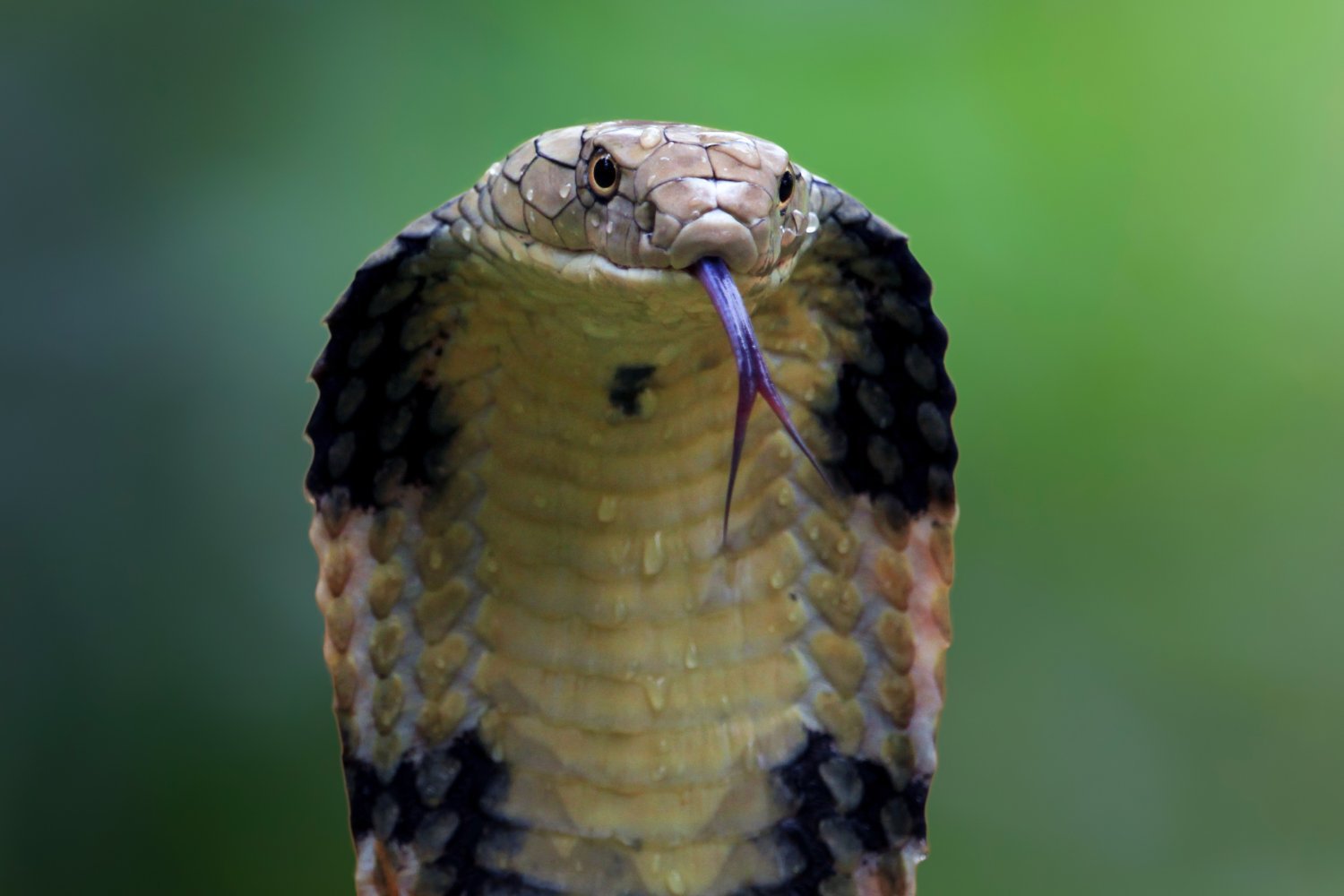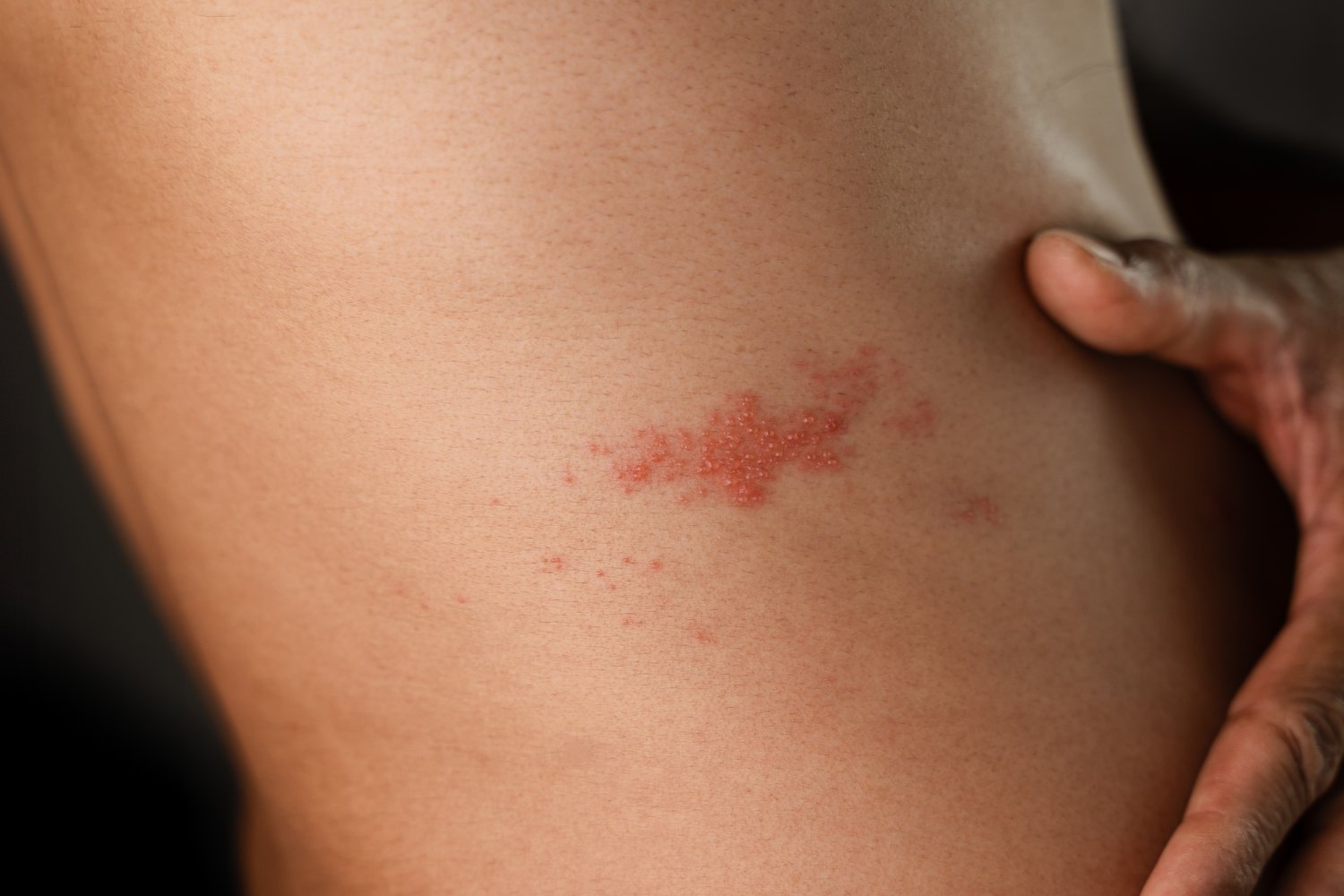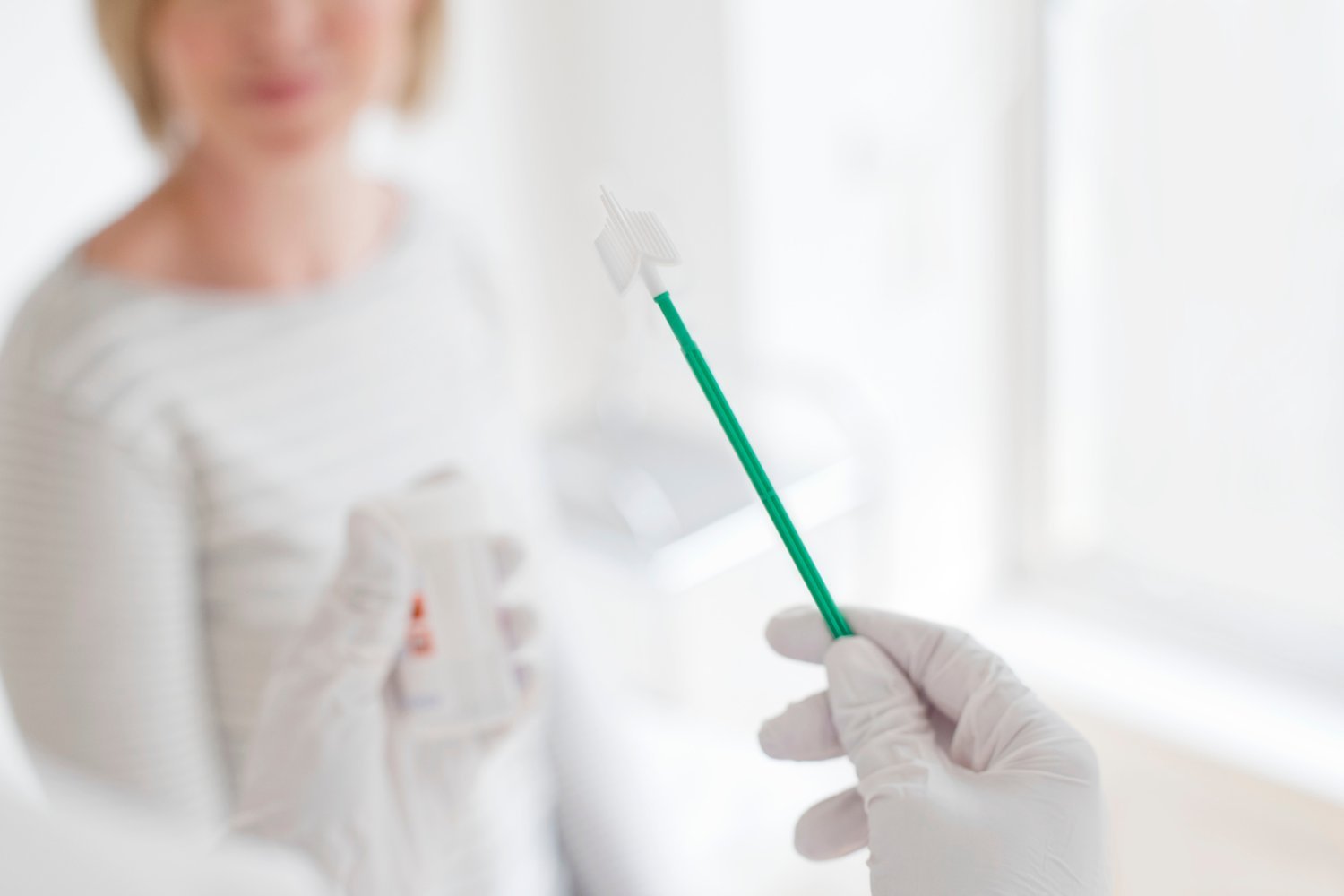Snakebites pose a significant global health threat. Current antivenoms have limitations, often being specific to certain snake species. However, groundbreaking research offers hope for a universal antivenom, thanks in part to a unique individual and his extraordinary immune system.
Researchers at the National Institutes of Health and Centivax have developed a promising antivenom cocktail, detailed in a recent study published in Cell. This cocktail, tested in mice, demonstrated protection against venom from 19 of the world’s most venomous snakes, paving the way for a potential universal antivenom.
Traditional antivenoms are created using antibodies harvested from animals like horses. While effective, these antivenoms can be species-specific and carry the risk of serum sickness, a harmful immune reaction. The quest for a safer, more universal solution has been ongoing for years.
The researchers hypothesized that studying the blood of someone with extensive snakebite experience could hold the key. They found their ideal candidate in Tim Friede, a self-trained herpetologist and venomous snake collector.
Over two decades, Friede intentionally subjected himself to hundreds of venomous snakebites, also injecting himself with venom over 700 times. This daring self-experimentation resulted in hyper-immunity to snakebites. Recognizing the scientific potential, Friede collaborated with researchers, including Jacob Glanville, founder of Centivax.
Glanville’s team isolated two potent antibodies from Friede’s blood, capable of neutralizing a broad range of snake toxins. These antibodies were synthesized in the lab and combined with varespladib, an experimental molecule with known anti-venom properties, to create the three-agent cocktail.
The cocktail was tested on mice exposed to venom from 19 elapid snake species, categorized by the World Health Organization as the most medically important venomous snakes globally. The results were remarkable. The cocktail provided complete protection (100% survival) against 13 species, including several cobras and the black mamba. Partial protection was observed against the remaining six species.
While other teams are also pursuing broad-spectrum antivenoms, this research represents a significant advancement, being the first candidate derived from synthetic antibodies. Friede, now Centivax’s director of herpetology, has played a crucial role in this breakthrough.
“What was exciting about the donor was his once-in-a-lifetime unique immune history,” Glanville stated. “Not only did he potentially create these broadly neutralizing antibodies, in this case, it could give rise to a broad-spectrum or universal antivenom.”
Centivax plans to continue development, with upcoming trials in snake-bitten dogs in Australia. Further research aims to expand coverage to vipers, the other major family of venomous snakes, potentially leading to a mega-cocktail effective against both elapids and vipers.
A truly universal antivenom could revolutionize snakebite treatment, particularly in developing countries where snakebites are a significant cause of death and disability. The World Health Organization estimates that millions are poisoned by snakebites annually, resulting in approximately 100,000 deaths. This research offers a glimmer of hope for a future where snakebites are no longer a devastating public health crisis.











